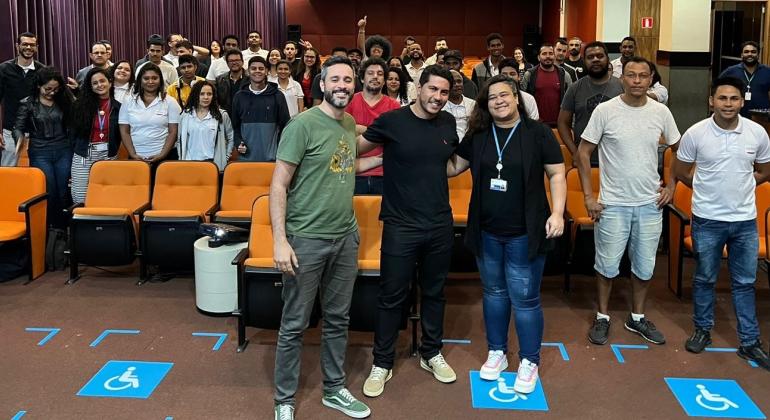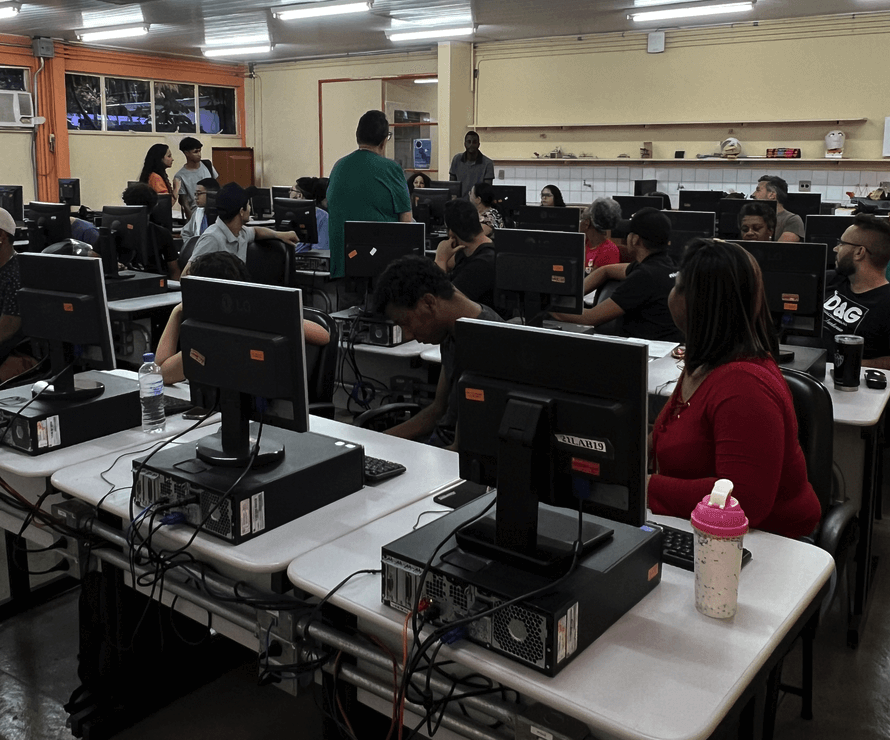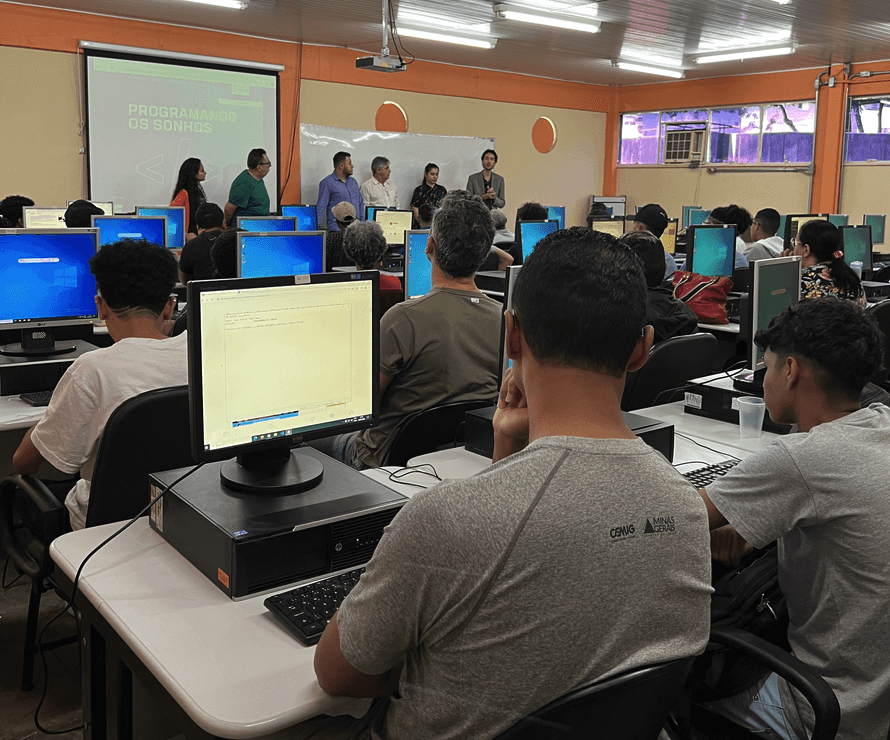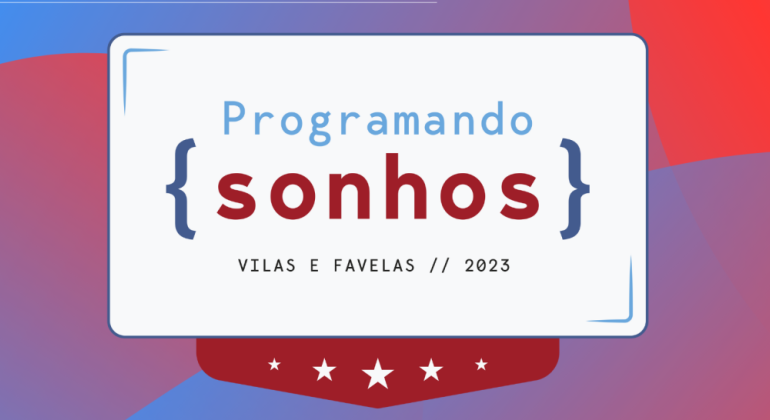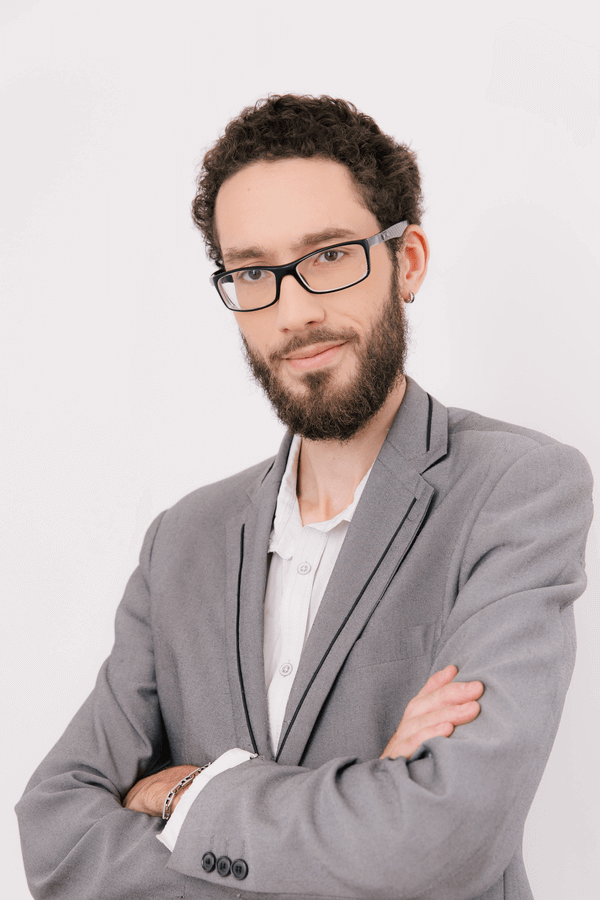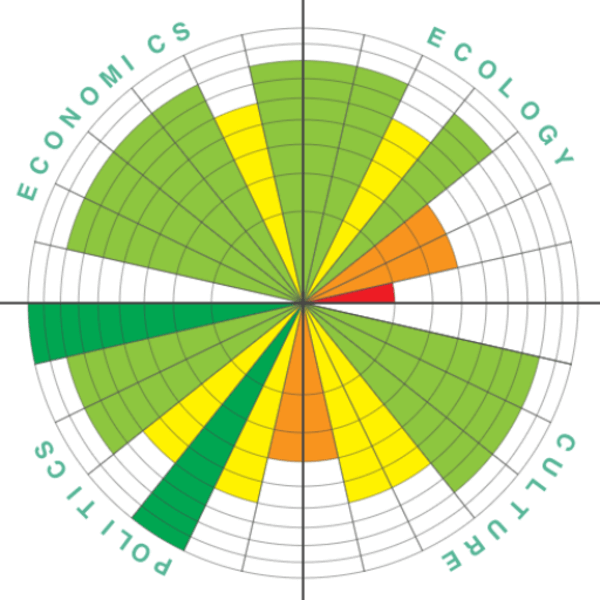City
Belo Horizonte, Brazil
Size and population development
Belo Horizonte is the sixth largest city in Brazil. According to the 2010 census conducted by IBGE (Brazilian Institute of Geography and Statistics), there were 2,258,096 people residing in the city. The Greater Belo Horizonte Region is the 3rd most populous of Brazil after Greater Sao Paulo and Greater Rio de Janeiro. The city covers a total area of 330.9 km2, while the metropolitan region expands out to 5,156.21 km2with 5,156,217 million residents. Portuguese in the official language of the city. The 2020 IBGE census has been postponed until July 2021 due to the COVID-19 pandemic, however the IBGE 2019 population estimate for Belo Horizonte was 2,512,070 people.
Population composition
The 2010 census data recorded the population of Belo Horizonte was 53.1% female and 46.9 male. The ethnicity breakdown recorded 46.7% White people, 41.9% Pardo (Multiracial) people, 10.2% Black people, 1.1% Asian people and 0.1% Amerindian people. Belo Horizonte has a notable population of Italian origin, approximately 30% and people of German, Spanish and Syrian-Lebanese ancestries also are sizeable groups. Census data collected on religion showed 59.87% of the population identified as Catholic, 25.06% as Protestant, 8.02% as no religion, and 4.07% as Spiritist.
Main functions
Belo Horizonte is the capital city of the state of Minas Gerais, Brazils second most populous state. The city lies on the western slope of the Espinhaco Mountains, at an elevation of 830 metres and occupies a wide plateau encircled by the Curral del Rey Mountains. Belo Horizonte was one of the first planned cities in Brazil and was designed in a grid pattern with a focus on orderly growth and development. The planning of the city, with street blocks inspired by Paris and architecturally by New York, started in the late 19th century and it was officially founded on December 12, 1897.
Main industries / business
The service sector plays a very important role in the economy of Belo Horizonte, being responsible for 80% of the city's Gross Domestic Product (GDP). The city has a developed industrial sector, being traditionally a hub of the Brazilian siderurgical and metallurgical industries, as the state of Minas Gerais is very rich in minerals, particularly iron ore. The city’s older established industries include publishing, textiles, furniture, auto parts and food processing. More recently a large number of small enterprises in the technological sector, particularly in the fields of computing and biotechnology have emerged.
Administrative structure
Belo Horizonte is governed by a mayor and vice mayor with the assistance of secretaries who head administrative departments. Since 1984 the mayor has been popularly elected to a four-year term. The Metropolitan Region of Belo Horizonte comprises 34 municipalities.
Website
https://prefeitura.pbh.gov.br/
